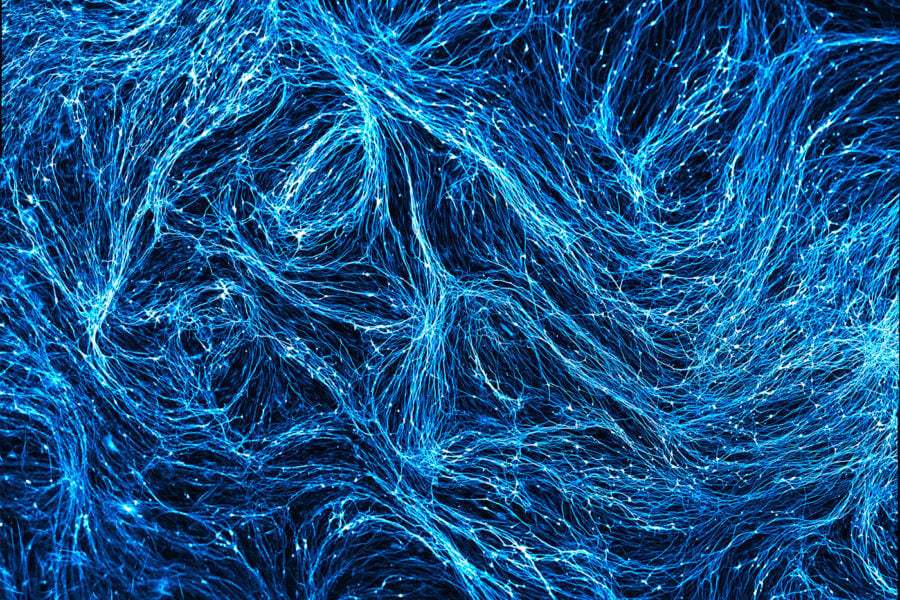Alcohol use disorder (AUD) can accelerate the progression of Alzheimer’s disease when combined with genetic susceptibility, according to scientists from Scripps Research and the University of Bologna. Their study, published in the journal eNeuro on June 12, 2023, revealed that repeated alcohol intoxication leads to changes in gene expression that indicate disease progression in mice genetically predisposed to Alzheimer’s. These mice, when exposed to intoxicating levels of alcohol on a regular basis, displayed cognitive decline approximately two months earlier than usual.
Co-lead author Dr. Federico Manuel Giorgi, a professor of Computational Genomics at the University of Bologna, stated that adding ethanol to a genetic background of Alzheimer’s disease accelerates its onset by a few months or even years.
While limited research has explored the potential impact of alcohol on Alzheimer’s disease, epidemiological studies have suggested a higher risk of developing dementia in general for individuals with AUD.
To investigate the effects of alcohol on Alzheimer’s, the researchers exposed mice to repeated alcohol exposure over several months, simulating levels of alcohol intake seen in individuals with AUD. They compared these mice to control mice and mice carrying three genes that make them susceptible to Alzheimer’s.
The study found that the alcohol-exposed mice exhibited progressive deterioration in learning and spatial memory, experiencing cognitive decline at an earlier age than the control mice.
Co-lead author Dr. Pietro Paolo Sanna, a professor of Immunology and Microbiology at Scripps Research, noted that cognitive impairments were observed in alcohol-treated mice approximately two months earlier than expected.
To understand the underlying mechanisms, the researchers examined the gene expression of over 100,000 individual brain cells from alcohol-exposed and unexposed mice. Their analysis identified widespread changes in gene expression in the prefrontal cortex of the alcohol-exposed mice. These changes involved increased expression of genes associated with neuronal excitability, neurodegeneration, and inflammation, occurring not only in neurons but also in supporting cells like astrocytes, microglia, and endothelial cells.
Giorgi highlighted the significance of these findings, stating that it was previously believed that neurons were solely responsible for Alzheimer’s disease responses, but recent research recognizes the role of other cell types in Alzheimer’s pathogenesis.
Comparing the gene transcription profiles of alcohol-exposed mice with those of unexposed mice at different ages and stages of Alzheimer’s, the researchers discovered that the profiles of the alcohol-exposed mice resembled those of older mice with more severe cognitive decline, even at their own age.
Sanna explained that when comparing alcohol-exposed mice to mice at various stages of the disease, from early to advanced progression, the effects of alcohol were found to align with advanced disease gene expression patterns.
Understanding how gene expression changes in different cell populations during Alzheimer’s is a crucial step in comprehending the molecular mechanisms behind memory loss and developing potential therapies. The researchers speculate that the gene transcription pathways associated with Alzheimer’s progression in the presence of AUD may also shed light on disease progression in the absence of alcohol consumption.
Sanna emphasized that the insights gained from this analysis may have broader implications beyond familial Alzheimer’s and could provide valuable information on the regulatory genes that drive disease progression.
While this study primarily focused on familial Alzheimer’s, future investigations aim to explore whether alcohol consumption also impacts the onset and progression of sporadic Alzheimer’s in individuals who are not genetically predisposed to the disease.


